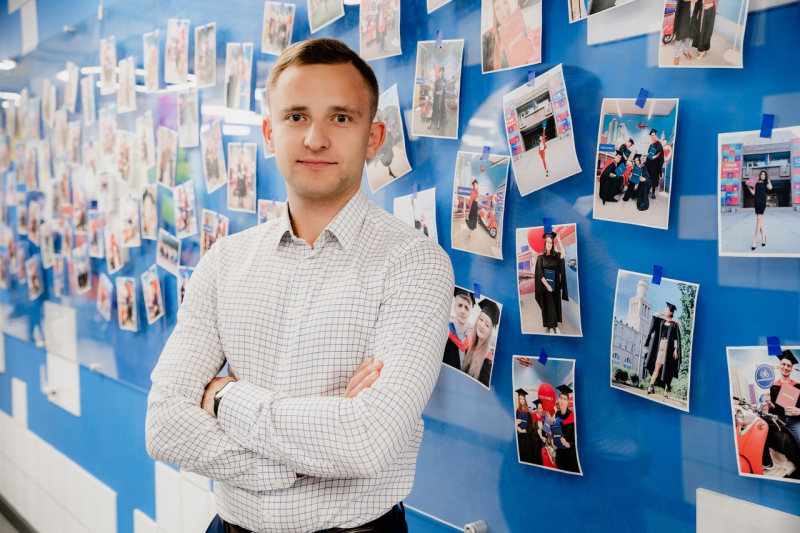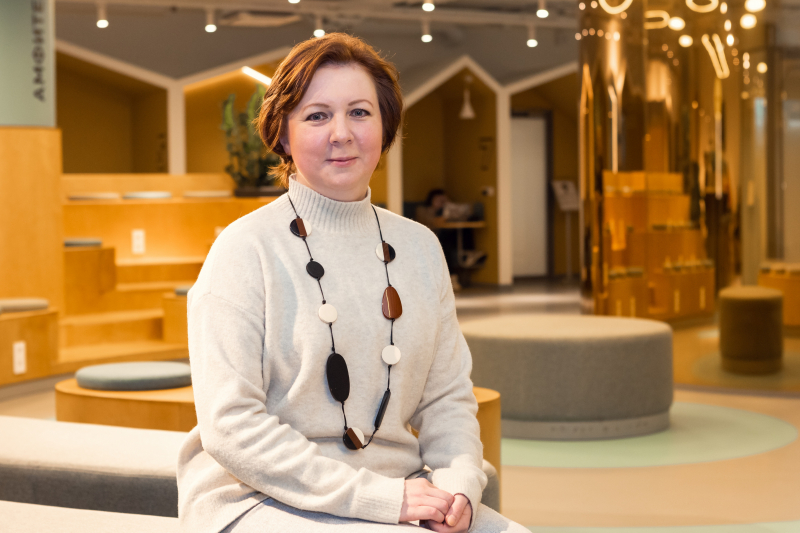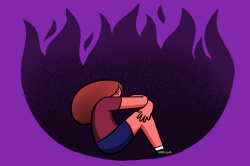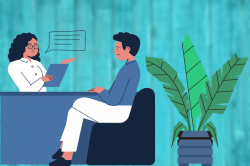Target audience and goals
The main aim of the study is to assess the connection between habits and behavior patterns on the one hand – and health and quality of life (QoL) in the academic community on the other (ITMO.NEWS previously wrote at length about the project’s goals and team here).
How does the pressure of studying affect students’ mental health? And can the stress of exams damage one’s health? The specialists will seek answers to these and other questions; using data from several hundred respondents, they want to identify potential connections between lifestyle, workplace and in-class pressure, behavior patterns, and health issues (or the lack thereof).
For participants of the study, this is an opportunity to take medical tests for free, have their physical and mental health evaluated, learn about possible health risks, reassess their lifestyle, and correct their habits.
For the university, this is an opportunity to evaluate the effectiveness of existing services and adjust its strategy in regards to such services using actual data as evidence.
“As part of this strategic project, we’ve set a number of hypotheses related to improving the quality of life and the productivity of our staff members and students. This includes a range of events, initiatives, and services that, we believe, can affect the happiness of ITMO.Family members. We hope that this study will provide insights into how lifestyle can shape one’s health. And based on that, we’ll develop an individual formula for everyone – a unique set of activities and opportunities that would make each participant’s life better. It is our understanding that this affects the university’s overall performance, too,” says Evgenii Raskin, the coordinator of the strategic project Well-Being.
Evgenii Raskin. Photo by ITMO.NEWS
The study
The first stage of the study will include collection of the participants’ physical data (waist size, hip size, blood pressure, etc.), as well as questionnaires. Participants will be asked about their habits and lifestyle: whether they smoke or drink alcohol, their physical activity, sleep regimen, and dietary preferences.
They will also be asked to self-evaluate their physical and mental state. As part of the survey, respondents can share how often they visit medical specialists, whether they experience memory issues, what their emotional state is, and so on. Importantly, participants are free to skip certain questions or even procedures if they find them uncomfortable.
When and how
The survey will be conducted on June 6-24 at ITMO campuses on Kronverksky Prospekt 49 and Lomonosova Street 9 from 10 AM till 8 PM. To sign up, go to ISU and submit an application through the administrative services (Административные сервисы) tab. The survey itself will take approximately 40 to 50 minutes.
“For this project, we want to involve a significant part of ITMO.Family. We find it important that such experiments involve not only students, but university staff, too. As research shows, their interests are often prioritized less when developing health promotion and well-being practices in academia. We’d like to avoid such oversight and involve everyone,” comments Anna Bunakova, a Master’s student, manager at ITMO’s Center for Science Communication, and coordinator of the project.
Anna Bunakova. Photo by Dmitry Grigoryev / ITMO.NEWS
What’s next?
Once they’ve taken the survey and done the medical tests, each respondent will receive feedback. This will include an assessment of their health in relation to their peers, as well as information about possible health risks.
The project team plans to process the data within a month and have the first results ready by late July. Then, all participants will be invited to retake the survey in the next academic year. This will allow the researchers to monitor the changes in each respondent’s state and more accurately identify the factors that affect university staff and students.
The team’s plan is not only to note the participants’ previous diagnoses, but also gauge the risks of possible future issues. Various factors will be taken into account: not only the respondents’ lifestyles, but also things outside their control (such as genetic predisposition). Noting and analyzing such issues will allow the researchers to learn how common each particular disorder may be among the staff and students.
“ITMO is a wonderful place to be in, but work and studies often involve high levels of stress and intense mental and physical strain, which all affects our health. Our study will help us determine if someone is experiencing issues and how they can respond to that. We want to monitor whether these issues go away or intensify depending on various factors, which is why the survey is regular and long-term. But this is in no way a wellness check, medical screening, or diagnostics – our study goes way deeper,” says Ekaterina Aleksandrova, the head of the project and an associate professor at ITMO’s Institute of International Development and Partnership.
Ekaterina Aleksandrova. Photo by Dmitry Grigoryev / ITMO.NEWS





